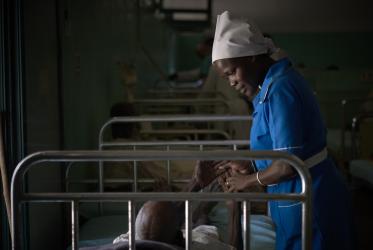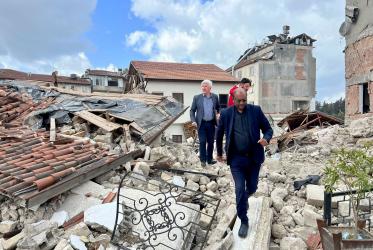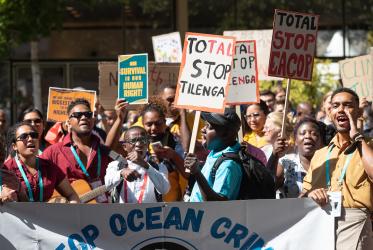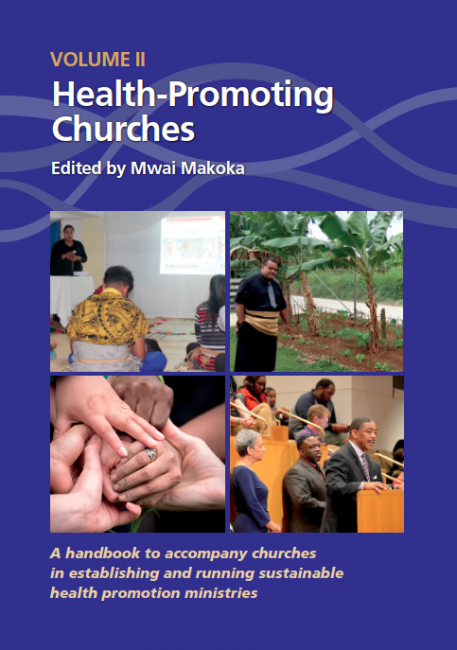Displaying 1 - 20 of 102
WCC hosts 11th Ecumenical Global Health Partners Meeting
27 April 2023
Seven Weeks for Water 2023 takes global approach
22 February 2023
Multifaith advocacy for the climate: Not really much time left
04 September 2022
“Gathering in Grief” mourns Rev. Phumzile Mabizela
07 July 2021
Health-Promoting Churches Volume II:
A handbook to accompany churches in establishing and running sustainable health promotion ministries
28 April 2021









